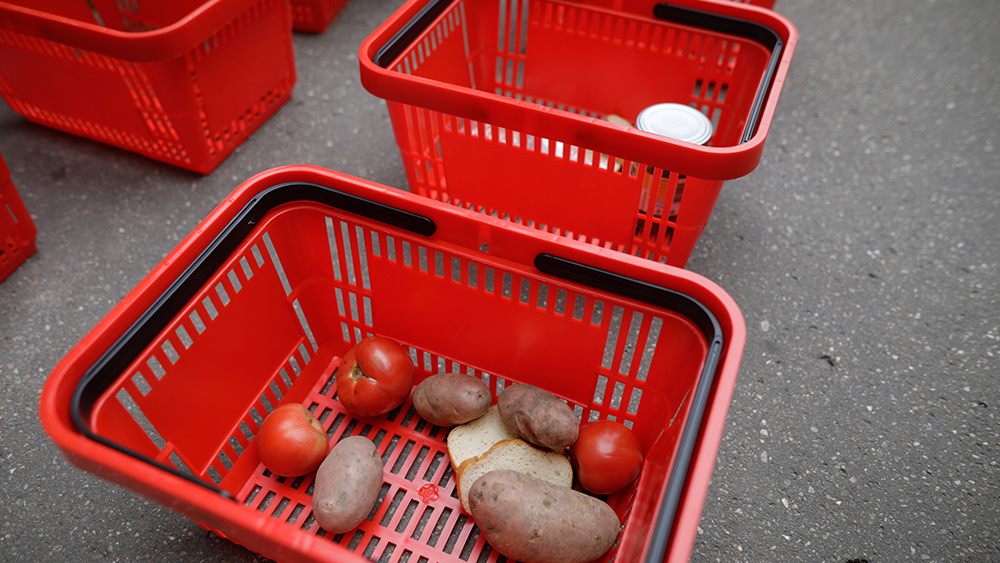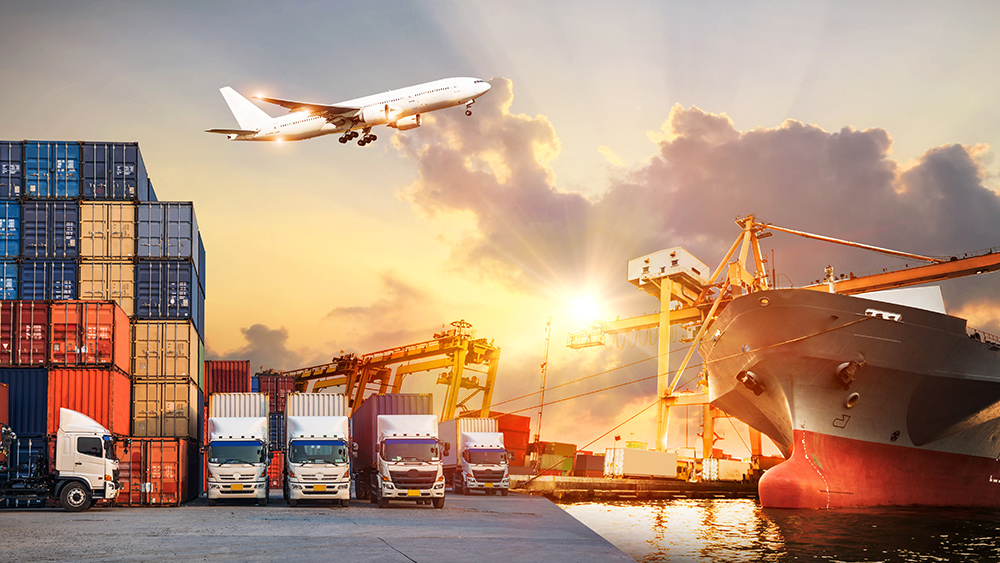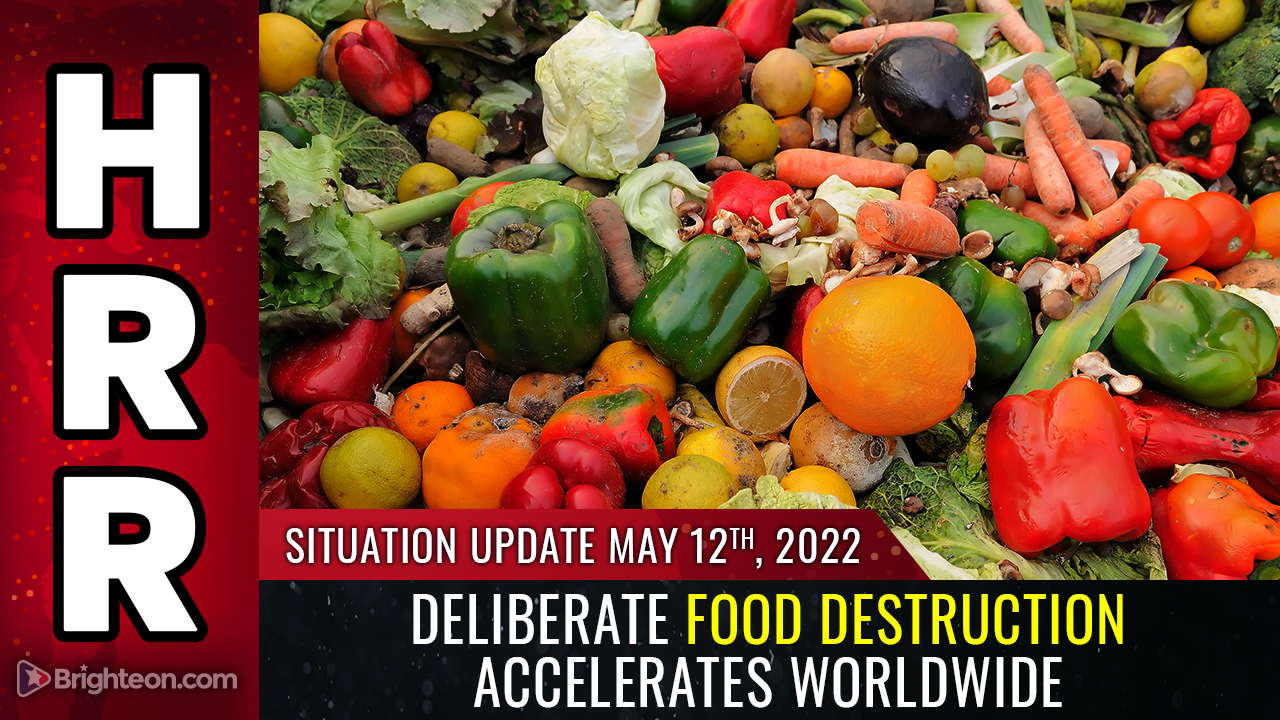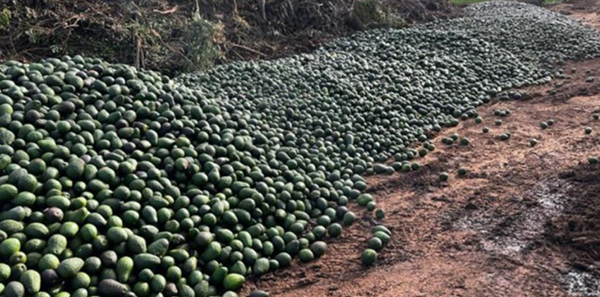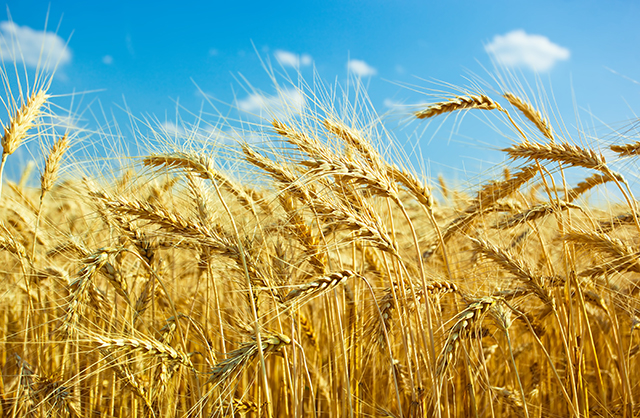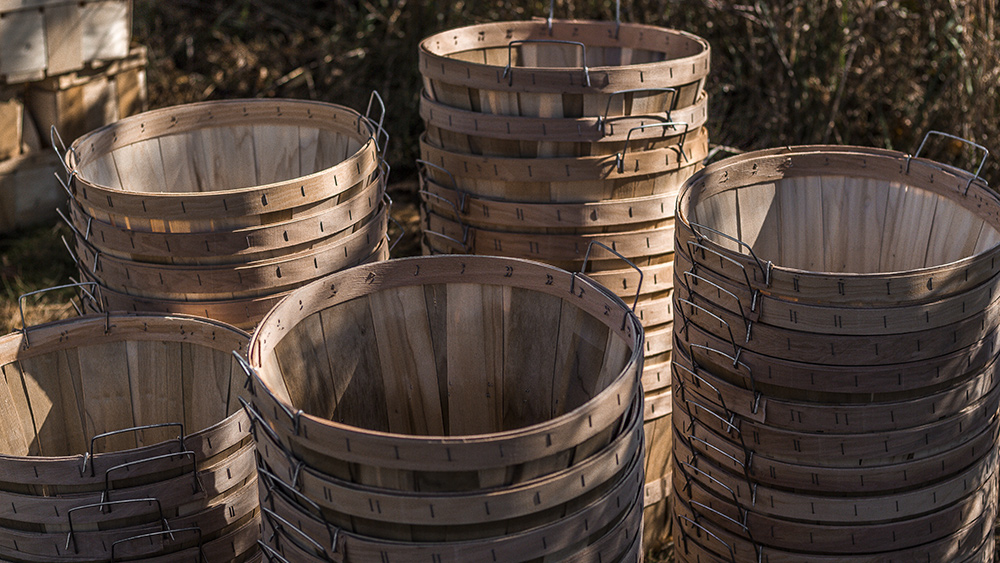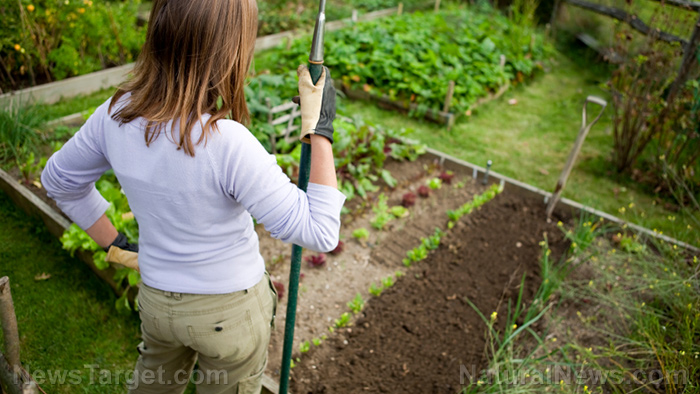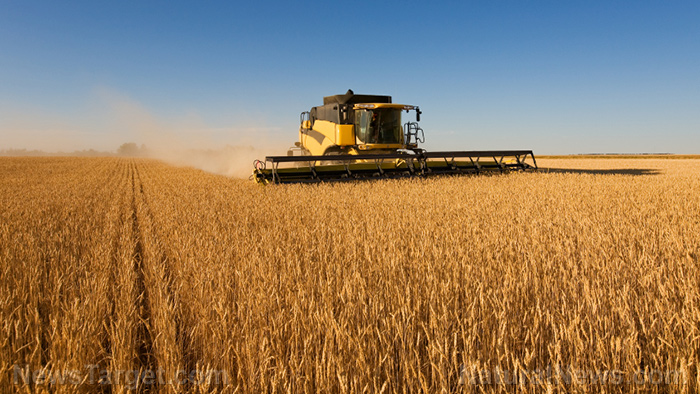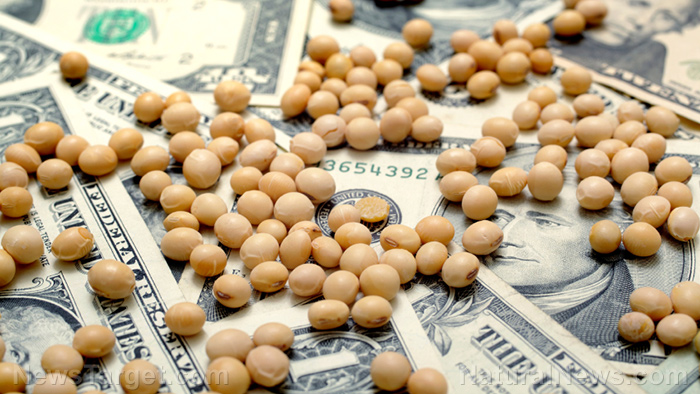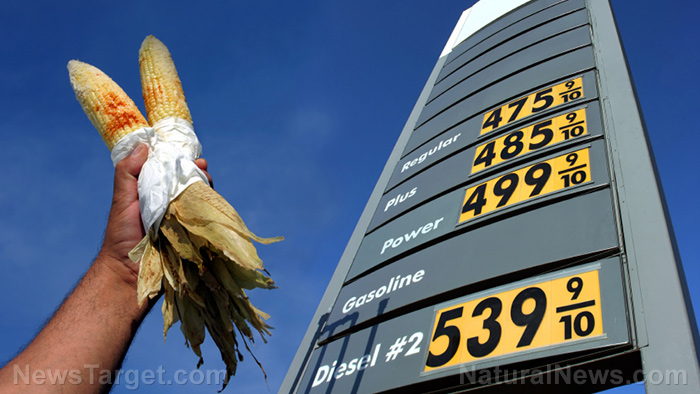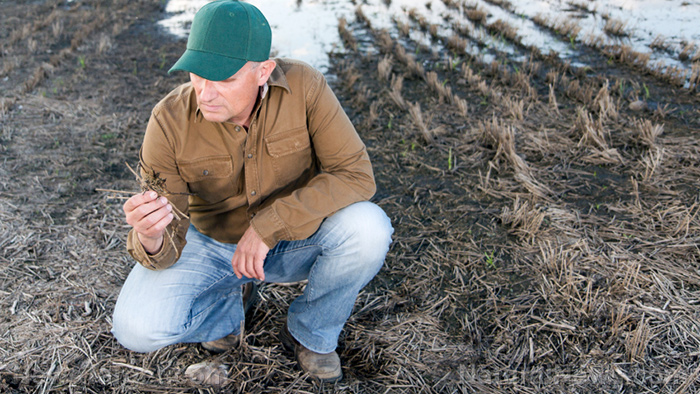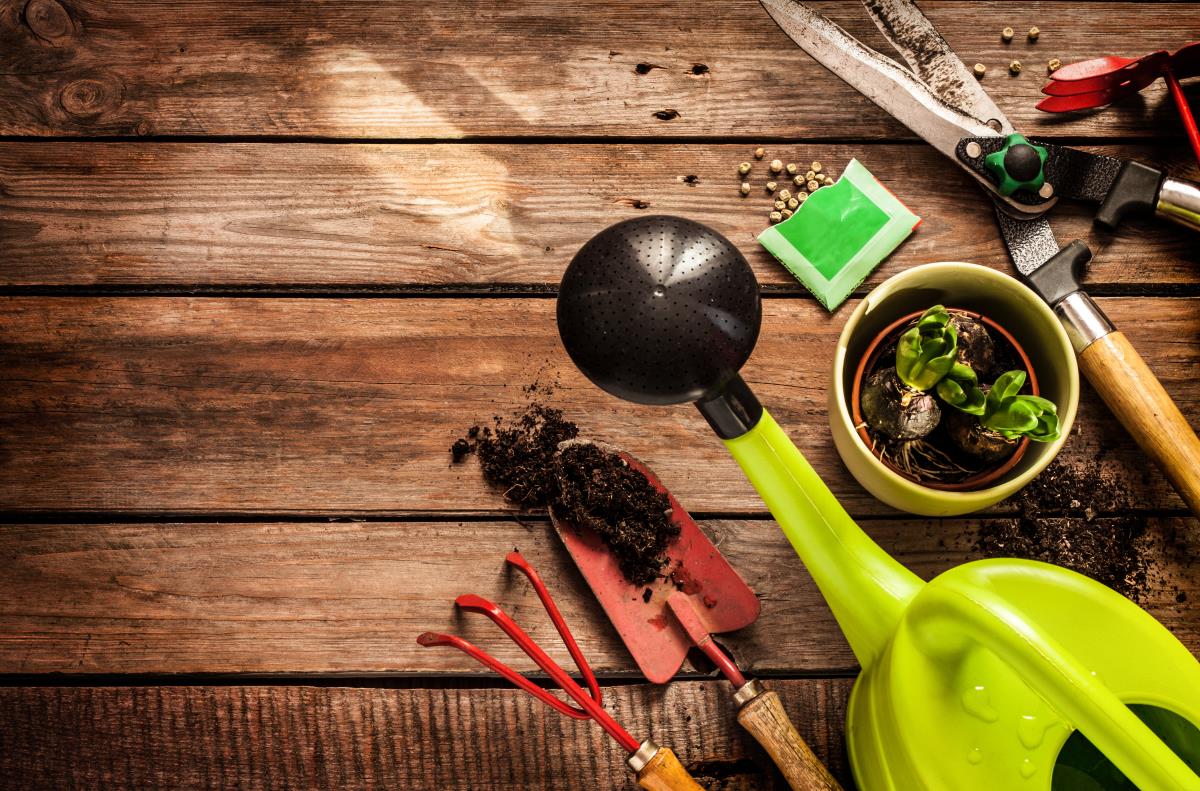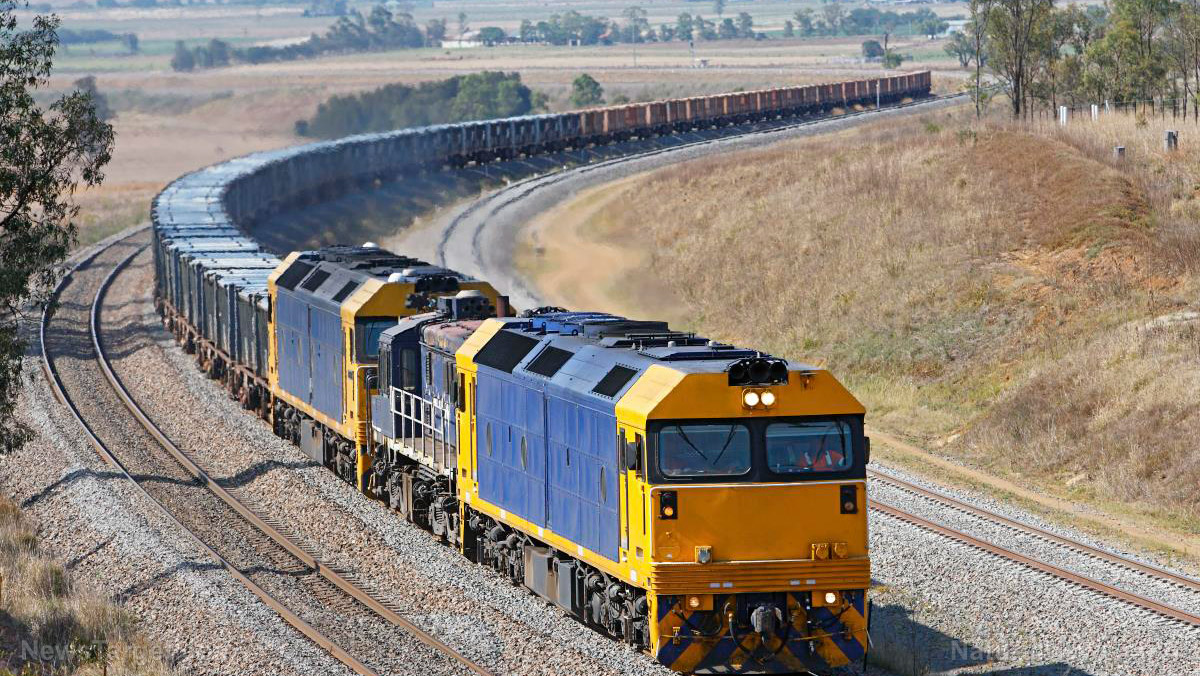Russia-Ukraine war will further worsen global food shortage as poor nations face starvation, unrest
03/11/2022 / By JD Heyes

The world got a lot more unstable the moment Russian President Vladimir Putin ordered his forces to invade neighboring Ukraine in ways that the vast majority of people could not imagine beforehand.
Just now, people throughout the world are discovering how much food and food production products both nations supplied to the planet, and worse, they are waking up to the realization that the war will make food insecurity far worse in the coming months — on top of an already weak global supply chain that has been in crisis for a year, thanks to perpetual COVID-19 lockdowns.
Ukraine and Russia account for a plurality of grain, oats, corn and other food exports to Europe as well as Africa. Moreover, they also account for a very sizeable portion of fertilizer — all of which are now in far shorter supply.
Earlier this week, the Ukrainian government ordered all food exports halted to ensure that there would be enough for Ukrainians, millions of whom are already facing starvation and deprivation thanks to the Russian onslaught.
Now, WorldFertilizer.com reports that Nutrien, a leading fertilizer manufacturer, has said the Russian invasion is liable to lead to prolonged disruptions “to the global supply of potash and nitrogen crop nutrients.”
The site adds:
Interim Chief Executive Ken Seitz said Nutrien will boost potash production if it sees sustained supply problems in Russia and Belarus, the world’s second- and third-largest potash producing countries after Canada.
The US, European Union and other countries have imposed economic sanctions against Russia, moves that could hinder its exports of natural gas, potash and nitrogen. Belarus, Russia’s ally, is already subject to European and US sanctions that have restricted its potash exports.
Russia’s war on Ukraine has also raised concerns about wheat, corn and vegetable oil supply problems in the Black Sea region, driving up world prices.
“We could probably see a prolonged, more prolonged disruption in (potash) supply out of that part of the world,” Seitz said at a BMO Capital Markets investor conference this week.
“We’re looking very closely at, if this is sustained, how do we deploy miners and open up ground in a very practical, pragmatic way?” he noted further.
Seitz said that Nutrien anticipates selling as much as 14.3 million tons of potash, the most ever, this year, and is also considering further expansion of its operations in order to meet demand.
Russia is a key supplier of fertilizer to Brazil, making that country’s agricultural production especially vulnerable to supply disruptions, WorldFertilizer.com reported.
In addition, Russia’s invasion has also put a damper on its exports of nitrogen-based fertilizers, while at the same time, the price of natural gas in Europe, which is key to the production of nitrogen, skyrocketed (again) over the past week and is far higher than prices in North America.
“We’re going to run our plants, run them flat out,” Seitz said. “Could we see interruptions in exports out of Russia? Yes. Can we see plant closures? We could.”
Meanwhile, Joe Biden was told earlier this week to go in front of the cameras and ban imports of Russian oil, leading to massive spikes in the price of gas — after prices had been steadily rising for the past year following his reversals of Trump-era energy policies that made our country energy independent for the first time in decades.
So with higher energy prices, a supply chain crisis that Transportation Secretary Pete Buttigieg is doing nothing to solve, record-high inflation and escalating food prices, Americans will soon be hit with even greater costs and food insecurity as fertilizer shortages lead to lower livestock and crop production in our country.
Americans who voted for Biden in 2020 thinking he was going to be a better president than a guy who sent mean tweets are responsible for this nightmare.
Sources include:
Submit a correction >>
Tagged Under:
agriculture, chaos, decreasing experts, depopulation, exports, famine, fertilizer, fertilizer production, food insecurity, food production, food riots, Russia, shortages, starvation, supply chain crisis, Ukraine, unrest, uprising, war
This article may contain statements that reflect the opinion of the author
RECENT NEWS & ARTICLES
COPYRIGHT © 2017 HARVEST NEWS

